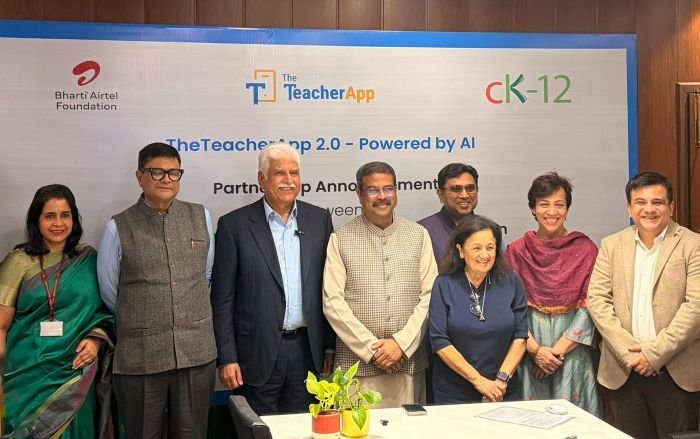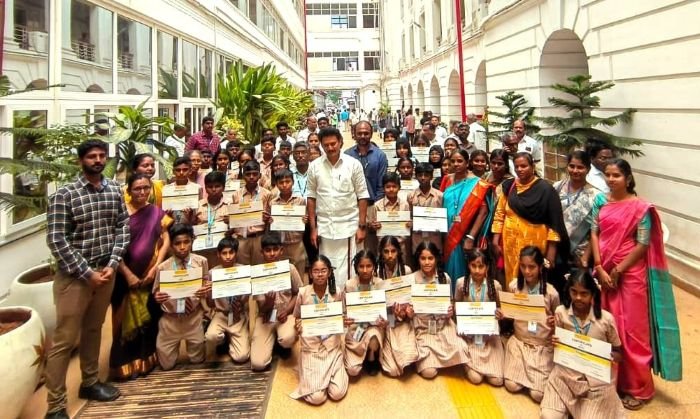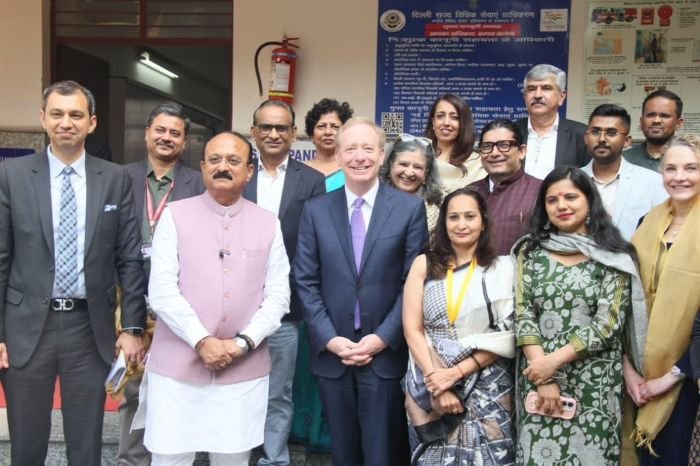
Routes2Roots (R2R), a Delhi-based non-profit organization dedicated to promoting art, culture, and heritage, in its latest initiative has created digital classrooms in the remote areas of Uttarakhand & Himachal Pradesh. Routes2Roots carried out the installation of a total of 100 Interactive Flat Panels (IFPs) across the two states.
The targeted districts include Auli, Kedarnath, Spiti Valley, and Kinnaur, among others. Routes2Roots has digitized four schools in each of the 12 districts in Himachal Pradesh and 13 districts in Uttarakhand, bringing modern educational tools to some of the most remote regions in India. These areas, marked as aspirational districts, are being focused on for improvements in education and holistic development of students.
Alongside art and culture content developed by Routes2Roots, the IFPs are equipped with K-12 educational content as per the NCERT curriculum. This includes 50,000 educational videos and 100,000 questions and answers, enhancing learning opportunities for students. The initiative also provides comprehensive training for teachers to effectively use the new equipment.
Most of these locations where the panels have been installed are hard to reach areas through regular transportation modes. In Uttarakhand, the team navigated through the harsh weather conditions of Auli and Kedarnath, both situated at high altitudes with challenging access. In Himachal Pradesh, installations in Spiti Valley and Kinnaur were equally challenging. In Kinnaur, where traditional vehicular transport was impractical, local Sherpas, known as ‘pitthus’, were employed to manually carry the IFPs to their destinations.
Commenting on the initiative, Rakesh Gupta, Founder, Routes2Roots, said, “We want to be catalysts for providing high quality education for future generations. Though some of these regions are hard to reach, our team has successfully managed to overcome such obstacles, and this showcases our commitment. We will continue to work towards providing educational facilities and ensuring that students in the remotest parts of India receive the same level of education as their counterparts in urban areas.”







